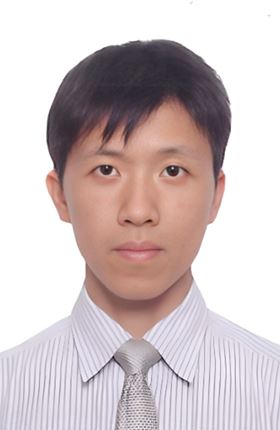Academic Staff


- GH176
- +852 3400 8758
- leo33.leung@polyu.edu.hk
Research Overview
My research focuses on integrating behavioral and biological data to develop personalized, holistic mental health interventions. In collaboration with industrial partners, I am designing innovative and scalable methods—such as gamified experimental paradigms powered by AI and large language models (LLMs)—to measure cognitive and emotional responses. These responses include attention, emotional bias, strategic flexibility, and achievement, which facilitate expression detection and support counseling efforts.
By leveraging data from individual gut microbiome profiles and metabolite analyses, I aim to elucidate how complex microbial and metabolic interactions influence mental health. To explore higher-order interactions within the microbiome, our team has developed a mathematical model for pairwise bacterial interactions. This work paves the way for system-based investigations of host-microbiota relationships and their implications for mental well-being.
Recognizing diet as a key intervention point, I seek to develop evidence-based strategies by studying the mechanistic processes through which dietary components are metabolized by the gut microbiome and how these metabolic activities affect the host. Specifically, my research is designed to examine how dietary substances are processed within the gut, cross the intestinal permeability barrier, and access the blood-brain barrier.
To synthesize these diverse data streams, I am creating a knowledge management platform that visualizes complex interactions and enables inference at a system level. This integrated platform aims to uncover the underlying biological mechanisms of mental health conditions, including novel metabolic or signaling pathways, thereby supporting the development of precision medicine and nutrition strategies for personalized risk assessment and targeted interventions.
Education and Academic Qualifications
- Bachelor of Engineering, the Chinese University of Hong Kong
- Master of Philosophy, the Chinese University of Hong Kong
- Master of Philosophy, the Chinese University of Hong Kong
- Doctor of Philosophy, the Chinese University of Hong Kong
Research Interests
Achievements
- Leung RK, Cheng QX, Wu ZL, Khan G, Liu Y, Xia HY, Wang J. CRISPR-Cas12-based nucleic acids detection systems. Methods. 2022 Jul;203:276-281
- Leung KK, Zhang R, Hashim MJ, Fang M, Xu J, Sun D, Li X, Liu Y, Deng H, Zeng D, Lin Z, He P, Zhang Y, Zhu X, Liang D, Xing A, Lee SS, Memish ZA, Jiang G, Khan G. Effectiveness of containment strategies in preventing SARS-CoV-2 transmission. J Infect Public Health. 2022 Jun;15(6):609-614.
- Huang, C. et al. Genome-guided Investigation of Antibiotic Substances produced by Allosalinactinospora lopnorensis CA15-2(T) from Lop Nor region, China. Sci. Rep. 6, 20667 (2016).
- Leung, R. K.-K. & Wu, Y.-K. Circulating microbial RNA and health. Sci. Rep. 5, 16814 (2015).
- Cheng, R. et al. Virtual Pharmacist: A Platform for Pharmacogenomics. PLoS One 10, e0141105 (2015).
- Chen, T. et al. Investigation of key interventions for shigellosis outbreak control in China. PLoS One 9, e95006 (2014).
- Leung, R. K.-K. et al. Modulation of potential respiratory pathogens by pH1N1 viral infection. Clin. Microbiol. Infect. 19, 930–5 (2013).
- Leung, R. K. K. et al. Using a multi-staged strategy based on machine learning and mathematical modeling to predict genotype-phenotype risk patterns in diabetic kidney disease: a prospective case-control cohort analysis. BMC Nephrol. 14, 162 (2013).
- Li, S.-K. et al. Detection and identification of plasma bacterial and viral elements in HIV/AIDS patients in comparison to healthy adults. Clin. Microbiol. Infect. 18, 1126–33 (2012).




